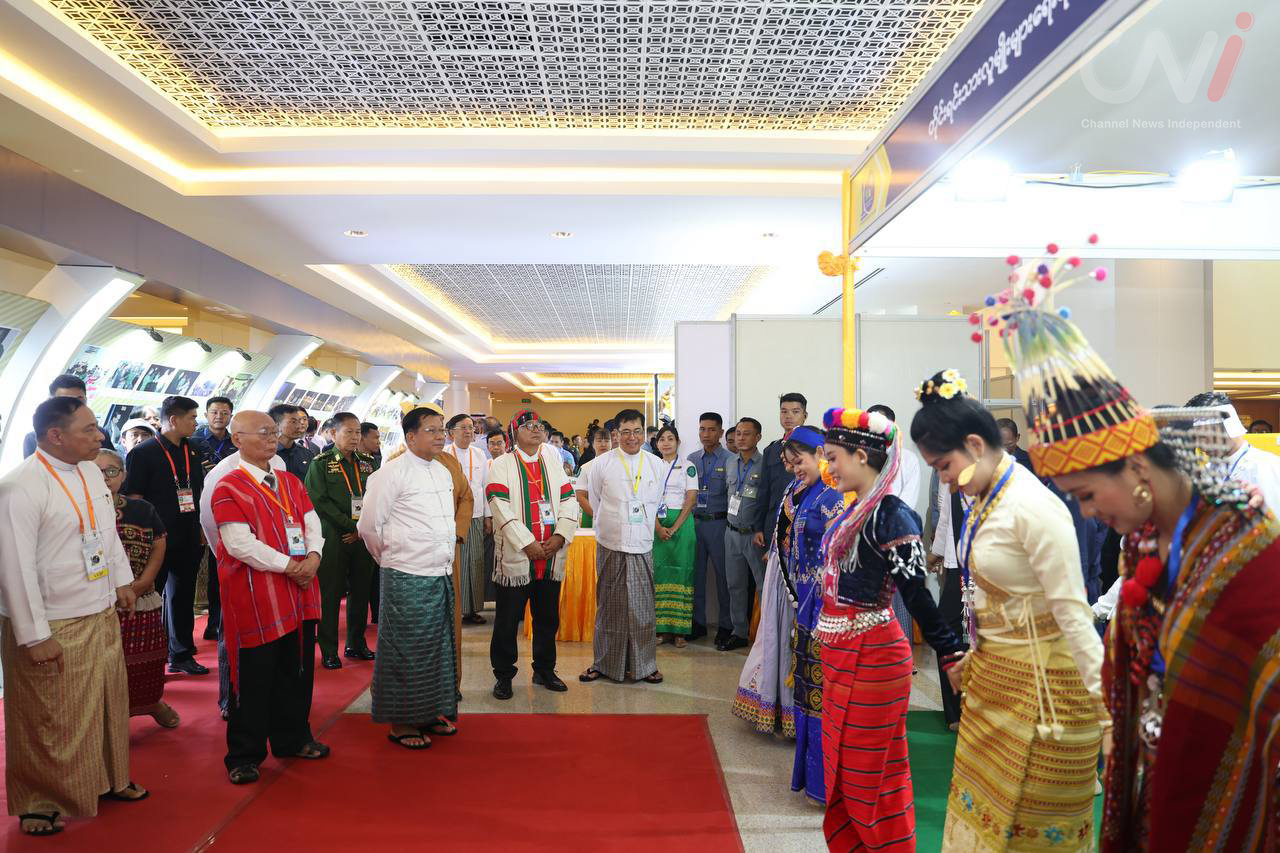CNI News
22 November 2025
Military and political analysts are raising questions about what kind of political approach should be taken between the Government–Tatmadaw and ethnic armed organizations (EAOs) in order to achieve peace in Myanmar.
Myanmar still faces many fundamental needs for social and economic development, peace and ethnic unity are critically important, and that a political approach is essential to achieving peace. This was stated by Lt-Gen Yar Pyae, Chairman of the NSPNC.
Analysts highlight that without addressing the root causes of conflict—political beliefs, historical grievances, ideological disputes—any peace process cannot succeed.
Political analyst Dr. Aung Myo told CNI News that a political approach means improving domestic administration and gaining public support.
“Using a political approach means we sit together at the table, discuss, and make necessary compromises. For example, Kokang has basically been allowed by the government to administer their own area. So they should be satisfied. If they aren’t and continue creating problems, one day they will be suppressed by the Tatmadaw together with the people—this is just the truth. The government needs to improve governance and earn public support. This will happen soon. If a democratic government comes in soon, better conditions will follow.”, he said.

Armed groups, political party leaders, and military leaders seen together
Observers also point out that those involved in peace efforts come with diverse ideas, perspectives, and degrees of commitment.
U Thein Tun Oo, spokesperson of the Union Solidarity and Development Party (USDP), told CNI News that the government and EAOs must hold negotiations many times to achieve peace.
“We will continue to meet and negotiate. The State already has ongoing peace processes. In these talks, one side will express what is possible, and the other side will try to compromise where they can. Through repeated rounds of negotiation and compromise, peace will eventually come to us. Once the armed groups achieve peace, they can take part in the national elections organized by the State. Their elected representatives from their own regions will emerge, and through them, they can work for the benefit of the people and the country. So peace will come through continuous negotiation and cooperation.”, he said.
At present, heavy clashes continue between the Tatmadaw and various armed resistance groups, and the peace process remains stalled.
Myanmar’s internal conflict has persisted from January 4, 1948, the day independence was regained, until today.




